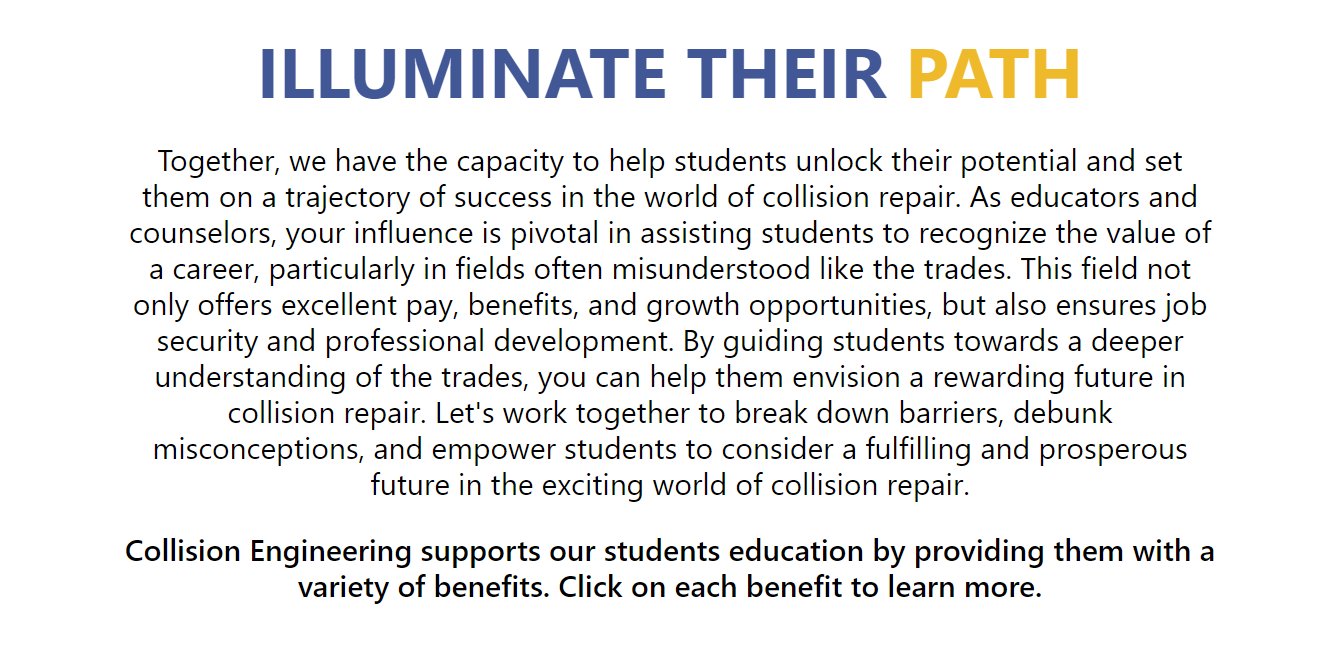
From essential equipment to the latest welding and paintless dent repair tools, you'll have access to everything you need to learn in the classroom and in the shop. What's more, you'll receive a starter set of tools on day one that you get to keep when you graduate!
Through our apprenticeship model, you'll experience job security and a source of income so you can focus on your education without worrying about your finances.
On any given day, there are thousands of job openings across the country in this field. What's more, this is a rapidly evolving industry that promises exciting future prospects as well as long-term career growth and stability.
We provide the most up-to-date knowledge and dedicated training, making students from our programs highly sought after in the industry and preparing them for work today as well as tomorrow. The advanced skills that students gain here are comparable to that of an engineer.
For each successfully completed work rotation during your first year in the program, you'll receive funds to pay down your tuition—that's on top of your apprenticeship income!
You'll earn certifications that the industry demands as part of the program, which won't just help you get hired, but can help you earn a higher salary. Just starting out in a shop it typically takes an entry level tech 6 years to achieve the certifications our students earn in the 2 years they are in the program.

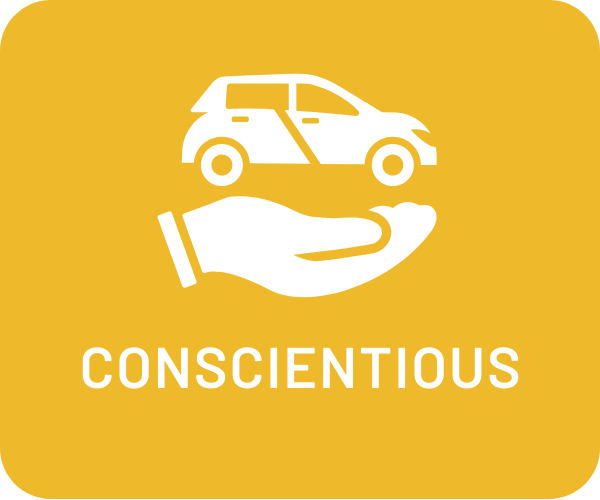
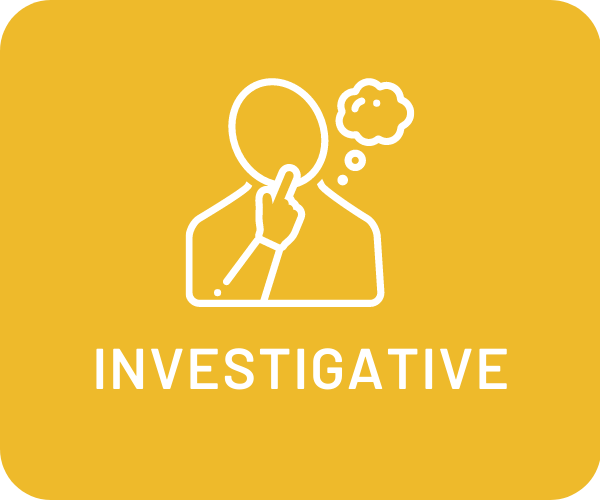
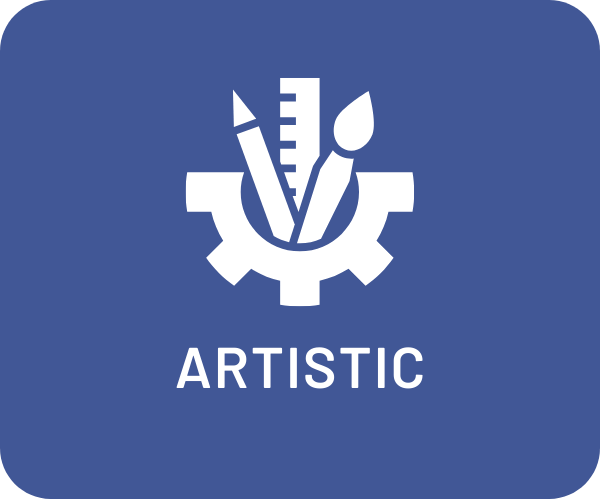









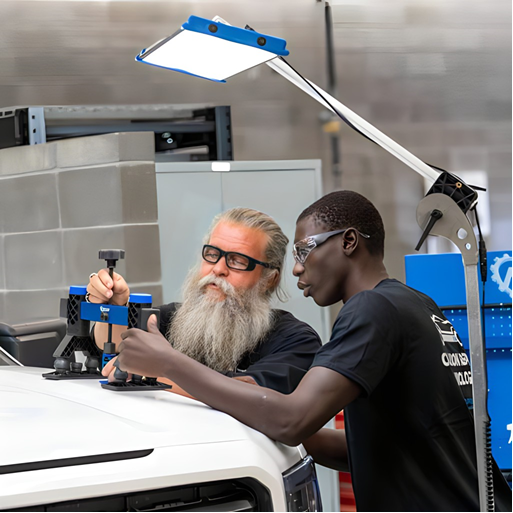

The 5 Languages of Appreciation is a book and concept developed by Dr. Gary Chapman and Dr. Paul White. It outlines the five primary ways that people feel valued and appreciated in the workplace: words of affirmation, quality time, acts of service, tangible gifts, and physical touch (appropriate for the workplace). By understanding these different languages, individuals and organizations can improve their communication and show appreciation in ways that are more meaningful and effective for each person. This can lead to increased job satisfaction, engagement, and productivity, as well as improved relationships and team dynamics. It also helps individuals to feel seen and valued, and can improve their overall well-being both in and out of the workplace. This unit contributes to the mentor/mentee working relationship by providing mentors with knowledge on how to properly motivate their students and encourage our students to show appreciation towards their mentor, who is guiding them, in the most effective way possible.
Kolb's Experiential Learning Theory is a model that describes how people learn through experience. According to Kolb, learning is a four-stage cycle of concrete experience, reflective observation, abstract conceptualization, and active experimentation. The Experiential Learner Profile, based on this theory, identifies four learning styles: diverging, assimilating, converging, and accommodating. Divergers learn through concrete experiences and reflective observation, assimilators learn through abstract conceptualization and reflective observation, convergers learn through abstract conceptualization and active experimentation, and accommodators learn through concrete experiences and active experimentation. Understanding one's learning style can help individuals develop effective learning strategies, improve their performance, and maximize their potential for success. Which has proven to help our students succeed in their general education courses, and advocate for themselves in the classroom.
The High 5 Strengths Assessment is a tool that helps individuals identify their strengths and provides strategies for using those strengths to improve their personal and professional lives. It focuses on five key areas of strength: communication, leadership, team building, problem-solving, and interpersonal skills. The assessment provides a personalized report that highlights the individual's top strengths, along with actionable steps for applying those strengths in various situations. The benefits of the High 5 Strengths Assessment include increased self-awareness, improved communication and relationships, enhanced leadership skills, and greater job satisfaction and engagement. The students conclude their training with this assessment because it offers a comprehensive summary of their professional and personal development, and provides them with practical skills to further enhance their growth as they embark on their careers.
The DiSC assessment is a behavioral profiling tool used in personal and professional development. It measures an individual's dominant behavioral style based on four categories: Dominance (D), Influence (i), Steadiness (S), and Conscientiousness (C). The results of the assessment provide insight into an individual's communication style, work preferences, and potential strengths and weaknesses in the workplace. The assessment is widely used by organizations for employee training, team building, and leadership development. By understanding their own style, individuals can become more aware of their strengths and weaknesses, and can learn to adapt their behavior to better connect with others. The DiSC assessment has proven crucial in the development of the mentor/mentee working relationship, as it provides both parties with a deeper understanding of others, and encourages them to recognize and appreciate differences in behavior. This understanding can lead to improved communication and collaboration. By providing a common language and framework for understanding behavior, the DiSC Assessment can help to reduce misunderstandings and conflicts in the workplace. Instead, it can help to create an environment of mutual respect and understanding, where individuals feel valued for their unique contributions and can work together more effectively towards shared goals.
Utilizing the knowledge of our partner colleges Career Placement Centers and Counselors we ensure our students are equipped with the career readiness and professional skills they need to succeed. We provide them with this training prior to the start of their first work rotation so they can enter into their apprenticeship fully prepared. This includes an overview of these skills and their importance. We then survey the students to identify their specific areas of interest and any skills they believe need improvement. Based on this information, we collaborate with the college's career service department to tailor the information to each student's unique needs. By involving the college in the process, we provide students with access to the resources available to them on campus. The career service department can also help students connect with employers and resources specific to their region.